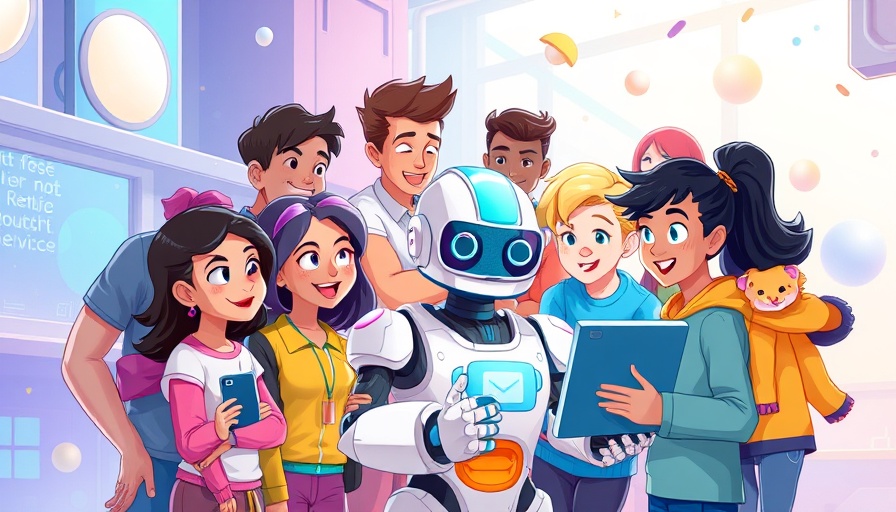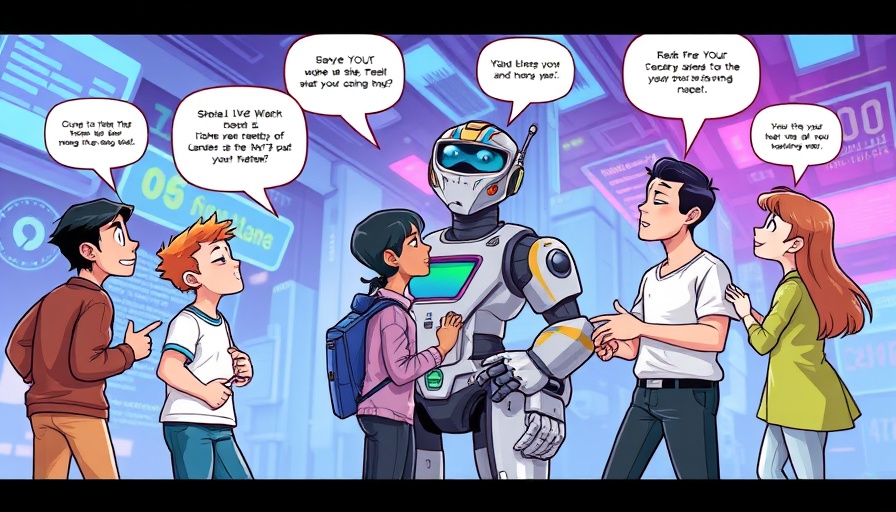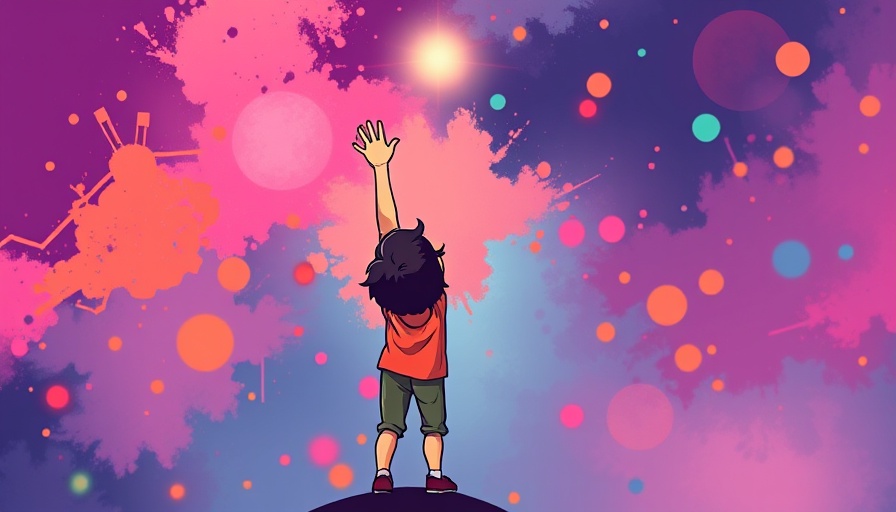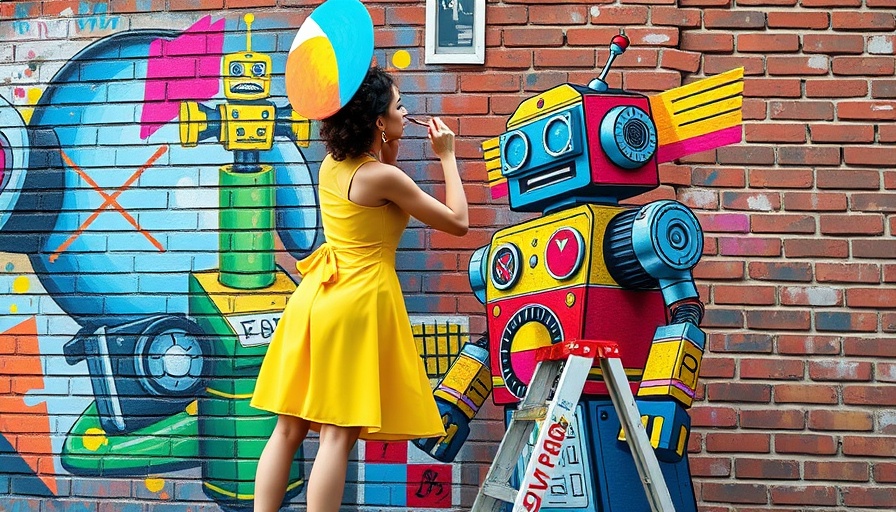
Understanding the Impact of LLMs on Human Creativity
As innovative tools, Large Language Models (LLMs) have become integral to various sectors, enhancing productivity by assisting in tasks ranging from writing emails to brainstorming story ideas. Despite their widespread use, a significant question remains: How do these AI models influence human creativity in the long term? Researchers at the University of Toronto have recently explored this intriguing intersection of technology and creativity. Their findings indicate that while LLMs can boost performance during creative tasks, they may hinder the development of independent creative thinking over time.Research Insights: LLMs as Creative Catalysts or Crutches?
The study employed GPT-4o, a well-known LLM, to examine its effect on divergent and convergent thinking, both critical facets of creativity. Participants were divided into two groups: one that utilized GPT-4o for guidance and another that tackled tasks independently. Interestingly, short-term performance improved for those using AI support. However, when tested without assistance, participants who initially relied on the LLM showed less creativity. This suggests that frequent dependence on LLMs might stunt a person’s ability to generate unique ideas, much like athletes relying on performance-enhancing drugs.Future Predictions and Trends: Balancing AI and Human Ingenuity
Looking forward, the challenge for business leaders is finding a balance where LLMs enhance human capability without diluting it. As more industries incorporate AI, understanding its long-term cognitive impacts is crucial. While the immediate benefits are undeniable, strategizing around AI's role in fostering—not replacing—innovation will be vital. This involves developing guidelines that encourage creativity alongside AI use, potentially redefining how organizations harness technology.Actionable Insights for Decision-Makers
Executives should be mindful of the cognitive dependencies that LLMs can create, ensuring that these tools supplement rather than supplant human ingenuity. Building awareness around these dynamics can inform training programs and policy development, offering proof-of-concept scenarios where AI complements human creativity fruitfully. Decision-makers can position their teams at the forefront of ethically integrating AI, leading to sustainable innovation.For more in-depth insights on this pivotal research, visit the original study at https://ai-magazine.com/research-investigates-llms-effects-on-human-creativity/
Valuable Insights: Executives can strategically use AI to enhance innovation while safeguarding innate human creativity by understanding LLMs' influence.
Learn More: Discover how AI can be integrated into strategies without hindering creativity by diving deeper into this topic at https://bit.ly/MIKE-CHAT
Source: Original article available at https://ai-magazine.com/research-investigates-llms-effects-on-human-creativity/
 Add Row
Add Row  Add
Add 




Write A Comment